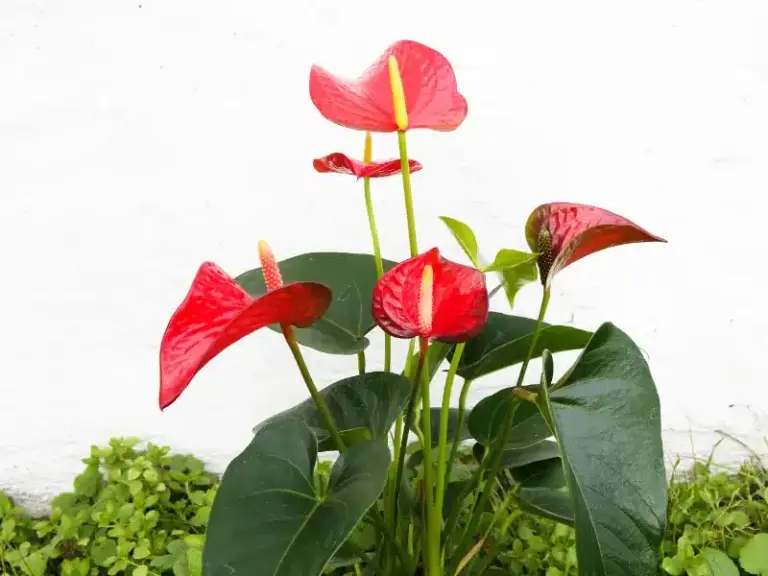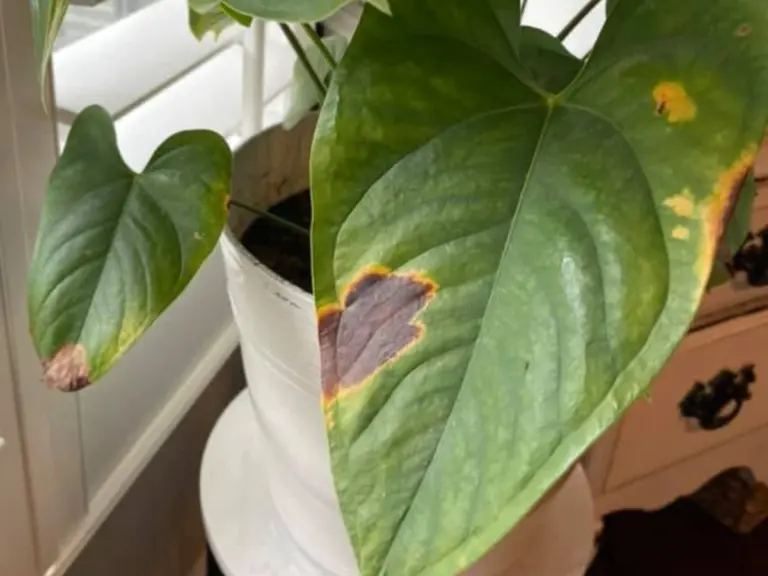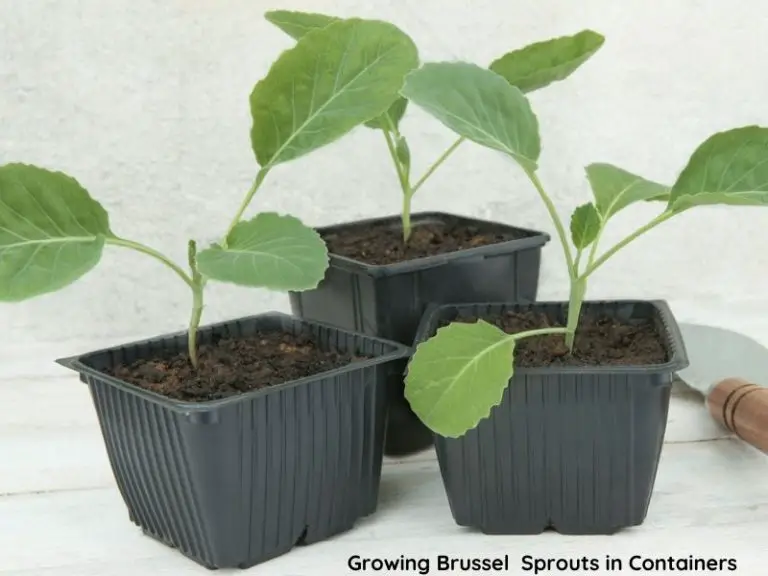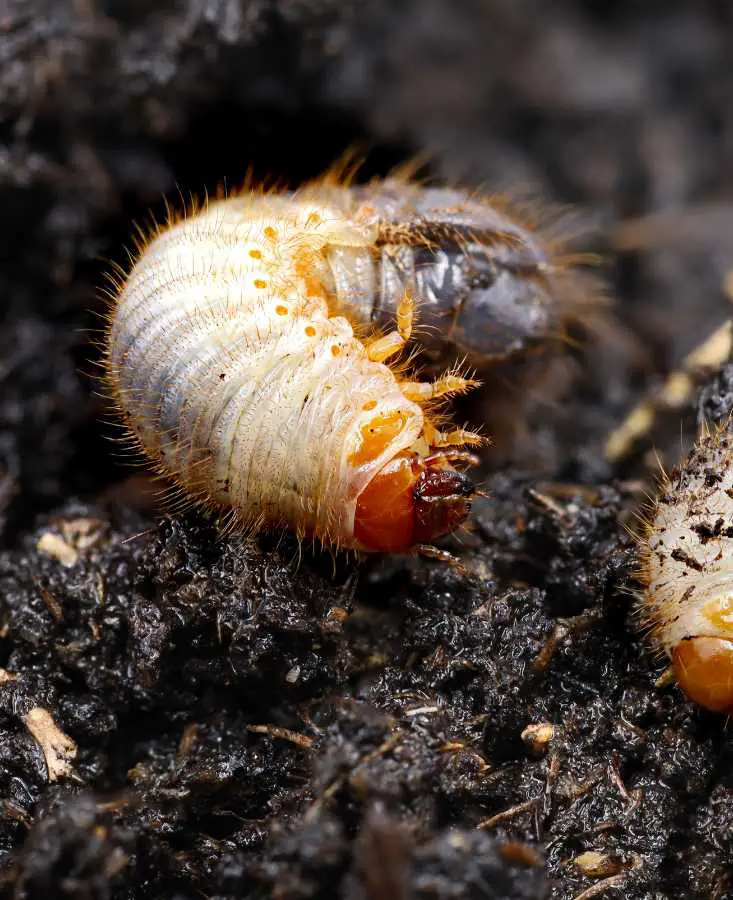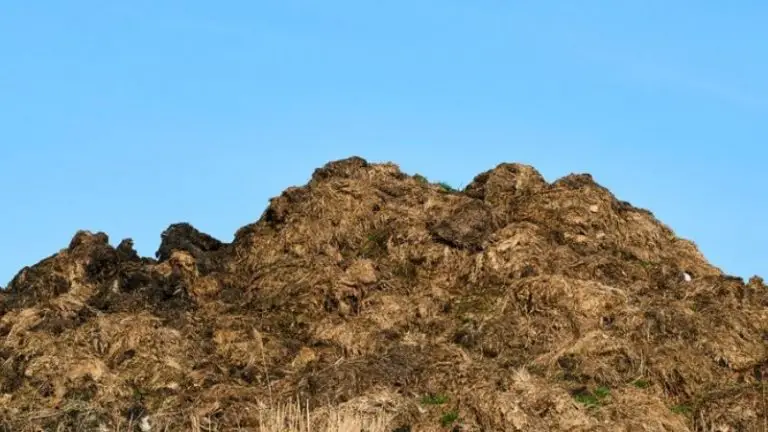Can You Compost Onions? Composting Peels + Skins
Onions are a wonderful source of organic matter like any other vegetable. However, it matters what type of onion you are thinking of adding to your compost bins (whole onions or peels). You must also be cautious because onions are highly acidic and some composting methods can be more effective than others. So, can you add onions to your compost?
You can compost onions peels and skins but not whole bulbs because they can easily regrow in your garden. They help increase the organic matter, nutrients, and acidity of the compost. The best way to compost onions is to chop them into small pieces before adding them to your composting bin.
Can you compost onions?
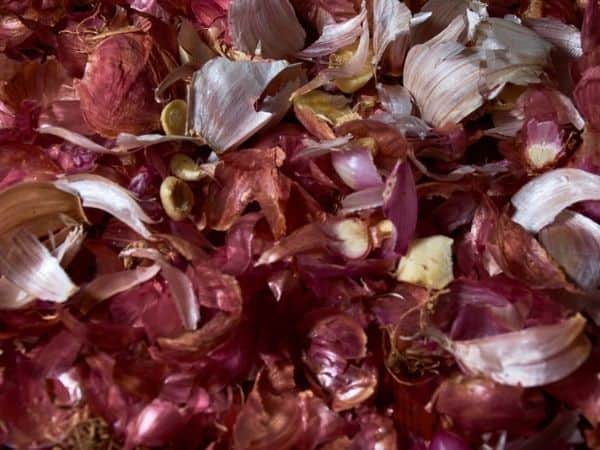
YES, You can compost onions. You must, however, be cautious when adding onions to your compost although many gardeners add onions to their compost without any adverse effects. Onions have a low pH meaning that they are highly acidic, which is the reason why you should only throw the peels and skins into your composting bin if you want to lower the pH of your compost.
They also have an inhibiting effect on bacteria, earthworms, and even compost grubs, which delays their compost time. That being said you can compost onions as long as you do not add excessive amounts, thus, balancing out the rest of the composting material.
Compost is alkaline in nature and adding onions that are acidic in nature balances it out. You can balance onion’s acidic nature by adding
- Chalk, or
- Crushed eggshells
How to Compost Onions
It is key to note that you should NOT add big chunks of onions into compost. The larger the chunks, the longer it takes for them to decompose. Also note that you should not add onions to your compost if you are vermicomposting. They may not be broken down by worms due to their odorous nature.
With this in mind, I am going to take you through a step by step process of composting onions.
- The first step is to identify your composting spot which can be anywhere like your kitchen, balcony, terrace, or sink.
- Construct your composting bin which can be a bucket or a pot. Drill 4 or 5 holes around it at different levels of the bin for air circulation and then initiate the composting process.
- Chop whole onions into small pieces so that they can decompose easily and avoid new shoots from sprouting from them.
- Onions have a strong odour; if this is an issue you can add newspaper or cardboard to control the odour. Each of these items decomposes meaning that apart from eliminating the odour they further aid decomposition of onions.
- If you do not intend on composting an entire onion, the question you have is how to compost onion peelings. Using peelings reduces the risk of growth but the odour is the same as using whole onions, therefore add newspaper and cardboard to minimize the smell.
- Burry the chopped up onions or peelings at least 10 inches (25.5 CM) deep in the composting bin.
- Remember to add soil once a week.
Uses of onion compost
Once you have prepared your onion compost, you can use it in the following ways:
- Add it to your compost bin as an ingredient to increase its quality.
- Use it over a long period to slowly feed your plants as an alternative to chemicals.
- Apply it as mulch on your garden to protect roots from soil erosion, wind damage, and prevent soil and plant disease.
- Spread it over your garden as a top dressing to add nutrients.
Benefits of putting onion peels and skins in compost
Adding onions and onion peels to your compost improves the quality of your soil which enhances high yields and healthier plants. More to this, it has the following benefits
- It helps you save money by removing the need to buy expensive chemicals that may harm you or the environment.
- Onions also hold in moisture which decreases the need to water your garden. They also drain excess water.
- It increases strong-stem growth and productivity.
- It helps control pests and disease.
- It balances soil PH with their acidity.
- It adds valuable nutrients to your soil by acting as a natural fertilizer for your plants.
- It reduces soil compaction.
- It improves soil structure so that roots can grow easily and access nutrients.
Here are the benefits of onions peels to your gardening
Should you compost whole onions or peels?
You can compost whole onions or peelings and get compost that is nutrient-rich. The difference is that you have to chop up your whole onions.
Do not throw onion peels away; instead, use them to create organic fertilizer for your plants. The peelings may be tough; you should therefore wet them to ease the breakdown process.
Sources and References
- CA.GOV: What is Vermicomposting?
- Wa.gov: How to Compost?
- Wi.gov: What is Home Composting?

